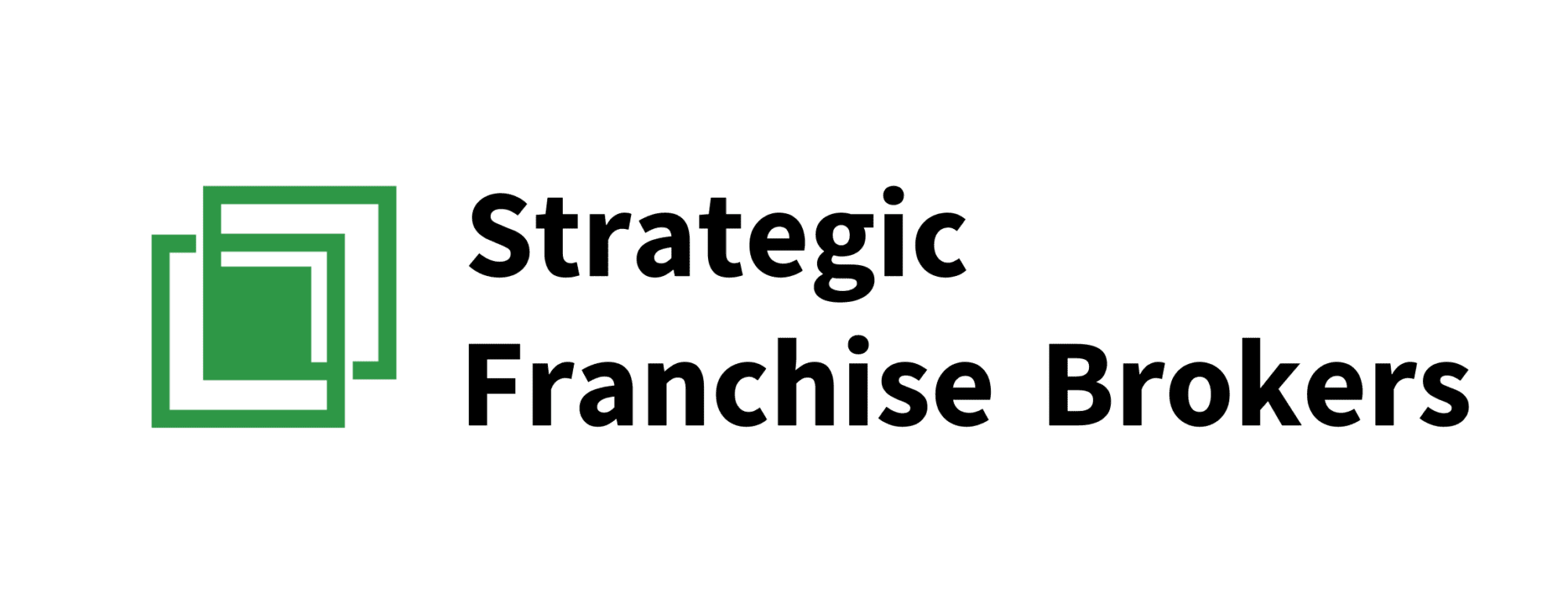- July 7, 2023
- Posted by: Strategic Franchise Brokers
- Category: Franchising

Buying a franchise and starting your own business are two distinct approaches to entrepreneurship. Here are some key differences between the two:
1. Business Concept
When you buy a franchise, you are purchasing the right to operate a business that already exists and has a proven concept. The franchise comes with an established brand, products or services, operating procedures, and a support system provided by the franchisor. In contrast, starting your own business involves creating a brand-new business concept from scratch, developing products or services, and establishing operational processes and strategies.
2. Brand Recognition
Franchises typically come with established brand recognition and a customer base. The franchisor’s branding efforts and marketing initiatives contribute to brand awareness, which can help attract customers and generate revenue more quickly. Starting your own business requires building brand recognition from the ground up, which may take time, effort, and additional investment in marketing and advertising.
3. Training and Support
Franchise opportunities often provide comprehensive training and ongoing support from the franchisor. Franchisees receive guidance on various aspects of running the business, including operations, marketing, and financial management. The franchisor typically offers a support system, regular communication, and access to resources and expertise. When starting your own business, you are solely responsible for acquiring knowledge, developing skills, and seeking external support as needed.
4. Systems and Processes
Franchises come with established systems, processes, and operational guidelines developed by the franchisor. These systems have been tested and refined over time to ensure efficiency and consistency across franchise locations. When starting your own business, you have the freedom to develop your own systems and processes tailored to your specific business needs and objectives.
5. Cost and Investment
Buying a franchise generally requires an upfront investment, which includes franchise fees, equipment, inventory, and other initial costs. The investment amount varies depending on the franchise brand and industry. Starting your own business allows you to have more control over the initial investment and can potentially be more cost-effective, depending on the industry and business model you choose.
6. Risk and Failure Rate
Franchises often have a lower risk of failure compared to starting an independent business. The franchise model offers a proven business concept, established brand, and ongoing support, which can mitigate risks associated with market acceptance and operational challenges. Starting your own business carries a higher risk of failure, as you are venturing into uncharted territory and may face uncertainties in market demand, business strategy, and operational execution.
7. Flexibility and Independence
Starting your own business provides greater flexibility and independence in decision-making, branding, and business strategy. You have the freedom to shape the business according to your vision and adapt quickly to market changes. Franchises, on the other hand, may have certain restrictions and guidelines set by the franchisor, limiting the degree of autonomy and creativity.
Both buying a franchise and starting your own business have their own advantages and considerations. It’s important to carefully evaluate your goals, resources, risk tolerance, and personal preferences to determine which approach aligns best with your entrepreneurial aspirations. Thorough research, due diligence, and consultation with professionals can help you make an informed decision.
Contact us for more information on how to choose the right franchise investment and find the best franchise opportunity:
https://www.strategicfranchisebrokers.com/contact-us/
